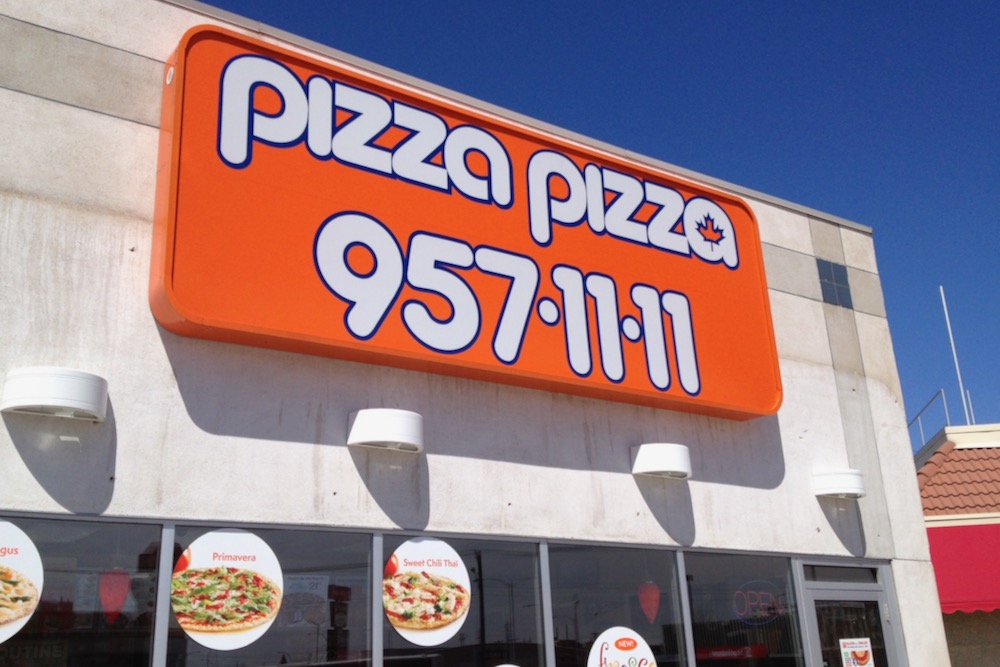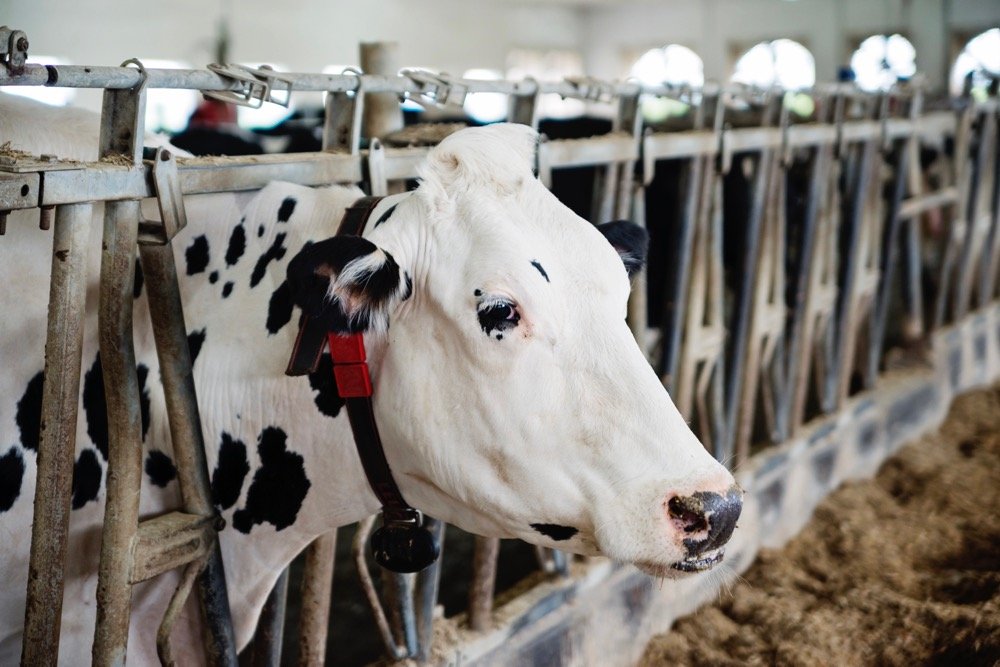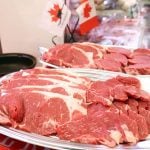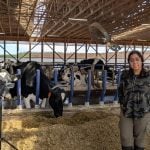A bid to increase the checkoff paid by Ontario’s beef farmers to Beef Farmers of Ontario was quashed when it failed to get the 66 per cent support it needed for approval.
Why it matters: Beef Farmers of Ontario pulled from its reserves to fund at close-to $1 million deficit in 2017 and was planning to do the same in 2018 in anticipation of the $1.50 per head increase in checkoff being approved. The loss of the increased provincial checkoff will have national implications as Ontario has been slow to approve a new national agreement and increased checkoff.
Read Also

Mexico agriculture secretary says still no date for restarting cattle exports to U.S.
Mexican Agriculture Minister Julio Berdegue said on Wednesday that Mexico and the United States have not yet set a date to resume Mexican cattle exports amid an outbreak of the flesh-eating screwworm parasite.
“We’re simply not going to be able to draw down on our reserves as fast,” said Joe Hill, the newly elected president of Beef Farmers of Ontario (BFO). “We’re going to have to realign our budget, going to have some hard decisions around what our priorities are for spending and what it ultimately means is we’re going to have to take money from some areas where we’re going to have less focus and put it into areas where we have more focus so we can come back with a closer to balanced budget so we can keep going for the next couple of years.”
BFO’s board wanted the increase in provincial checkoff funds in order to pay for an expanded role in marketing and communications in order to try to stem the constriction of the Ontario beef industry and replace some of the $530 million in yearly beef imports from the U.S. that come into the province.
A provincial checkoff increase beyond the current $3 per head required a constitutional change for BFO, which meant provincial consultations and a two-thirds approval from farmers delegates at an annual meeting.
When it came to a vote of its delegates to the BFO annual meeting recently in Mississauga, the result was 61 per cent in favor, short of the 66 per cent support required for the constitutional change.
Most of the new money would have gone to the BFO’s Regional Marketing Initiative which invests in branded Ontario beef marketing initiatives. In the past year there were nine projects approved worth $390,000, with $148,000 invested by BFO, including projects such as:
- Flanagan Food Service developed a premium Ontario Beef private label brand called Carve.
- Norwich Packers created a grass-fed beef program.
- Ryding Regency developed a program for beef from cattle that hadn’t been treated with hormones.
“When you have a stake in the game you have the ability to have a say in how things are done,” said John Baker, the program manager for the Regional Marketing Initiative.
National beef politics also in play
Ontario has been slow to approve a new national agreement with the Canadian Beef Cattle Check-Off Agency that’s been approved by the rest of the provinces in the country. There is also a debate over an increase to the national checkoff which would also mean an increase to $2.50 per head checkoff versus the current $1.
Beef farmers at the BFO annual meeting voted to continue discussion of the increase in national checkoff. It would require a vote at next year’s annual meeting.
An import levy equivalent to the per-head checkoff also applies to beef imported into the country, and as a result, national funds that come back to the province can only be used for generic promotion of beef versus branded products or import replacement – the aim of the Ontario Regional Marketing Initiative.
When it comes to signing the national agreement on collection of the levy, Hill says the BFO board isn’t yet convinced there’s enough value for beef farmers in Ontario from an increase in the national agreement, although he says the wording of the agreement is mostly finalized.
“The national industry tends to be fairly western-oriented,” says Hill. “Arguably 80 per cent of the beef is from Western Canada, so it’s to be expected, but for the Ontario industry to really survive we’ve got to find some value adding in there, which we aren’t seeing from our national organization yet.”
It all comes down to the market. A large volume of Western Canadian beef is exported, whereas there are significant urban markets in Ontario currently underserved by Canadian beef. Eighty-five per cent of beef imports from the U.S. come into Ontario totalling more than $530 million each year, says Jim Clark, executive director of the Ontario Corn Fed Beef Program.
Beef farmers passed a resolution at the annual meeting that encourages the board of directors to get the national agreement finalized.
“We’ve been working at this for the last number of years,” said Larry Jinkerson, who moved the motion to approve the resolution. “It’s time to get on with it and get it signed. We’re the only province not on board.”
— John Greig is a field editor for Glacier FarmMedia based at Ailsa Craig, Ont. Follow him on Twitter at @jgreig.














